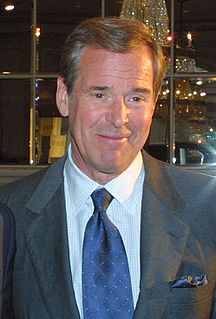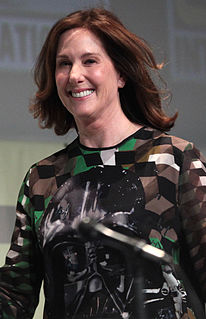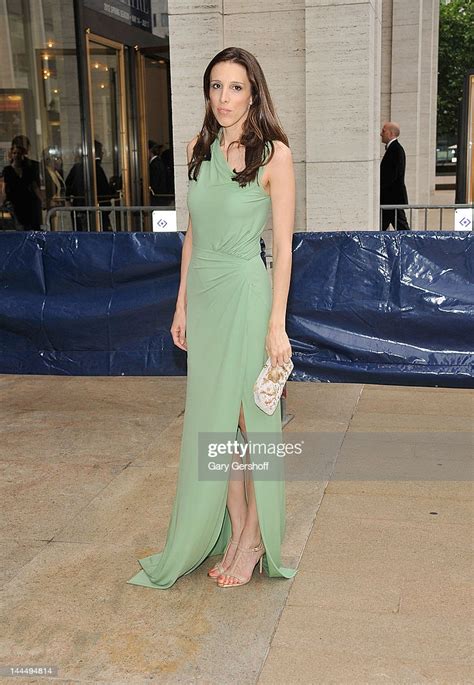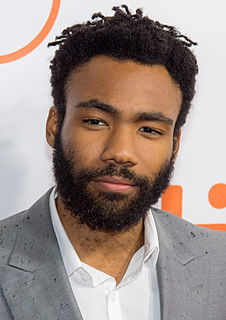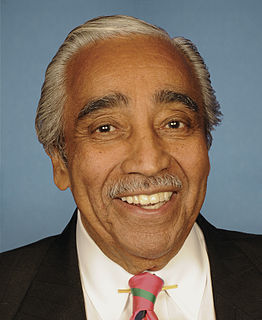A Quote by Annie Leibovitz
In a portrait, you have room to have a point of view. The image may not be literally what's going on, but it's representative.
Quote Topics
Related Quotes
But every point of view is a point of blindness: it incapacitates us for every other point of view. From a certain point of view, the room in which I write has no door. I turn around. Now I see the door, but the room has no window. I look up. From this point of view, the room has no floor. I look down; it has no ceiling. By avoiding particular points of view we are able to have an intuition of the whole. The ideal for a Christian is to become holy, a word which derives from “whole.
Everybody you work with sees what you're doing from a different point of view, a very specific point of view. So, if someone is lighting, they're seeing it from that point of view. A production designer is seeing it from the placement of furniture that tells you about the character. Everything that goes into the room should tell you about the person who lives in that room.
My being subsists only from a supreme point of view which is precisely incompatible with my point of view. The perspective in which I fade away for my eyes restores me as a complete image for the unreal eye to which I deny all images. A complete image with reference to a world devoid of image which imagines me in the absence of any imaginable figure. The being of a nonbeing of which I am the infinitely small negation which it instigates as its profound harmony. In the night shall I become the universe?
If you look at the image [ Portrait of the Artist as a Shadow of His Former Self ], it treads on a kind of popular stereotypical image of the black figure, in both its flatness and slightly comic edge. To take that image as a starting point and to render it in a proto-classical medium, like egg tempera, and then use a repertoire of classical compositional devices to make the picture was a way of setting up an engagement with art history.
From a human point of view, the difference between the mind of a human and that of a mountain goat is wonderful; from the point of view of the infinite ignorance that surrounds us, the difference is not impressive. Indeed, from that point of view, the goat may have the better mind, for he is more congenially adapted to his place, and he would not endanger his species or his planet for the sake of an idea.



